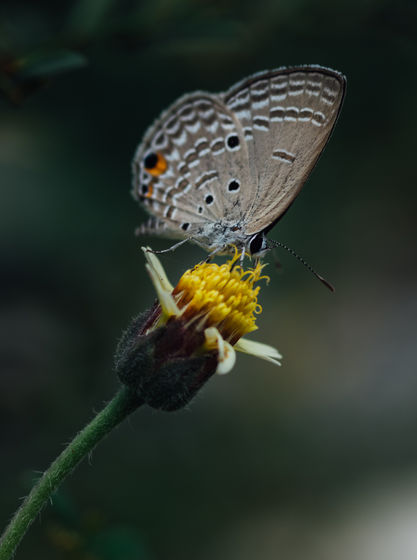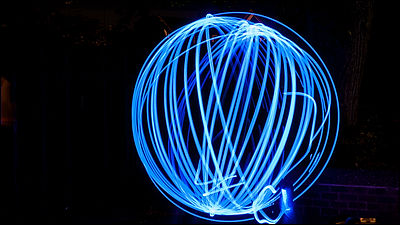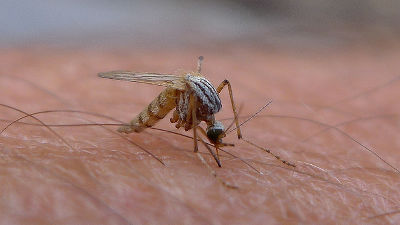'Artificial light kills a lot of insects,' scientists pointed out

By
“ Light pollution caused by artificial light installed by humans has greatly reduced the number of insects,” a joint research team of researchers from the United States, Canada, Australia, and New Zealand pointed out.
Light pollution is a driver of insect declines-ScienceDirect
https://www.sciencedirect.com/science/article/abs/pii/S0006320719307797
Light pollution is key 'bringer of insect apocalypse' | Environment | The Guardian
https://www.theguardian.com/environment/2019/nov/22/light-pollution-insect-apocalypse
Insects are species that inhabit everywhere in the world and play an important role in the food chain due to their large population. In recent years, however, many studies have reported that 'insects are in danger of extinction.'
`` Insects are in danger of extinction '' revealed from amateur group long-term survey data-GIGAZINE

by
In the following, we report that the entire ecosystem has been hit hard as a result of the drastic decline of insects.
Insects in the rainforest are drastically decreasing due to global warming, which has a big impact on the entire ecosystem-GIGAZINE

by
Regarding the reason why insects are becoming extinct, the effects of global warming etc. are shouted loudly, but insist that `` the effects have been overlooked even though artificial light has a great influence '' Is a joint research team of researchers from the United States, Canada, Australia and New Zealand.
The research team gives several examples where the presence of light affects insect behavior. A well-known example is that a nocturnal moth misunderstands the light of a light as “the moon”. The trap caught in the light of the electric light flies around it, and by the end of the night, about one-third is caught by predators or is exhausted and killed. According to one theory, in Germany, 100 billion moths died during the summer due to light. In addition, with the ability to distinguish the water surface by sensing the polarization ephemera is unlikely to mistake the light that is reflected in the asphalt that it is the water surface of light. Therefore, the number of ephemera that lay eggs on asphalt and finish a short life is increasing.

By
In addition, artificial light not only disturbs insect behavior, but also affects insects in terms of “predator advantage”. Many predators, such as spiders, bats, mice, and geckos, tend to hunt around artificial light. Therefore, the amount of insects that are preyed increases as artificial light increases.
In addition to these problems, the research team points out that “artificial light is difficult to deal with for insects”. The species of insects has experienced a lot of climate change and predator predation throughout its long history. Therefore, even if global warming or human extermination occurs due to pollution, it is possible to deal with similar experiences. However, the research team claims that the cycle of light and darkness has not changed over the years, so insects will not have the experience of changing the cycle of light and darkness and will not be able to deal with it easily.

By Lucas França
On the other hand, it is easy to deal with this problem from the human side. “You only have to turn off the light, you don't need to remove it like most pollutants,” commented research team Barrett Seymour. Mr. Seymour said, “Of course, we do n’t say“ do not use light ”, it should mean“ use artificial light wisely ”,” instead of turning on artificial light all the time. He said that a mechanism such as a motion sensor that turns on the light in response, and LEDs that can easily limit harmful wavelengths will help solve the problem.
Related Posts:
in Creature, Posted by darkhorse_log






